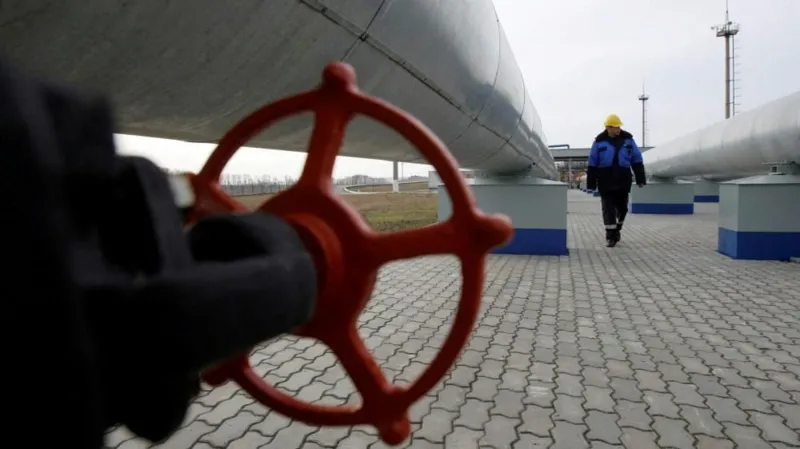

The flow of Russian gas to European Union nations through Ukraine has ceased following the expiration of a five-year transit agreement between Ukraine’s gas operator, Naftogaz, and Russia’s state-controlled Gazprom.
Eko Hot Blog reports that Ukrainian President Volodymyr Zelensky had previously declared that Ukraine would not allow Russia to “earn additional billions on our blood” and had urged the EU to prepare for this eventuality over the past year.
The European Commission has reassured member states that the EU’s gas system is “resilient and flexible,” with sufficient capacity to manage the cessation of transit through Ukraine.
EDITOR’S PICKS
While Russia retains the ability to send gas to Hungary, Turkey, and Serbia via the TurkStream pipeline across the Black Sea, the halt of Ukrainian transit marks the end of an era of abundant and inexpensive Russian gas for the EU.
Slovakia is the most significantly affected by the transit halt, yet the European Commission asserts that the overall impact will be limited due to strategic planning and alternative energy sources.
Despite this, the symbolic and strategic ramifications for Europe are substantial. Russia has lost a key market, but President Vladimir Putin has argued that EU nations will bear the greater cost.
Since Russia’s full-scale invasion of Ukraine in 2022, the EU has drastically reduced its reliance on Russian gas, which accounted for less than 10% of its imports in 2023, compared to 40% in 2021.
However, some eastern EU member states, including Slovakia and Austria, continue to rely heavily on Russian supplies, which still generate approximately €5 billion annually for Moscow.
Austria’s energy regulator has stated it does not anticipate disruptions thanks to diversified sources and stockpiled reserves.
Nevertheless, Ukraine’s decision has strained relations with Slovakia, which serves as the main entry point for Russian gas into the EU and profits from transit fees for piping gas to Austria, Hungary, and Italy.
Tensions escalated when Slovakia’s Prime Minister, Robert Fico, following a surprise meeting with President Putin in Moscow, threatened to cut electricity exports to Ukraine.
This prompted President Zelensky to accuse Fico of aiding Russia in “funding the war and weakening Ukraine.” Zelensky further warned that Slovakia is playing into Moscow’s strategy to deepen Ukrainian suffering.
Poland has offered to assist Ukraine in the event of a Slovak electricity cutoff, underscoring the critical nature of these supplies for Ukraine, whose energy infrastructure is frequently targeted by Russian strikes.
Moldova, which is not an EU member, faces significant challenges from the end of the transit deal. Russian gas previously fueled a power plant essential to Moldova’s electricity supply and also serviced the breakaway region of Transnistria, a Kremlin-backed enclave between Moldova and Ukraine.
Moldova’s energy minister, Constantin Borosan, stated that the government has implemented measures to ensure stable power supplies but urged citizens to conserve energy. The country has been under a 60-day state of emergency in the energy sector since mid-December. President Maia Sandu accused Russia of “blackmail” aimed at destabilizing Moldova ahead of its 2025 general election. Despite these challenges, Moldova has offered aid to Transnistria amid the crisis.
Week 43 Pool Fixtures For Saturday, Apr 19 2025– Latest Updates Week 43 Pool Fixtures…
Hon. Princess Surah Animashaun celebrates Hon. Tobun on his birthday. Describes him as “Messiah of…
Six monarchs jointly purchased APC Nomination Form for Chairman Anomo. Royal endorsement rooted in Anomo's…